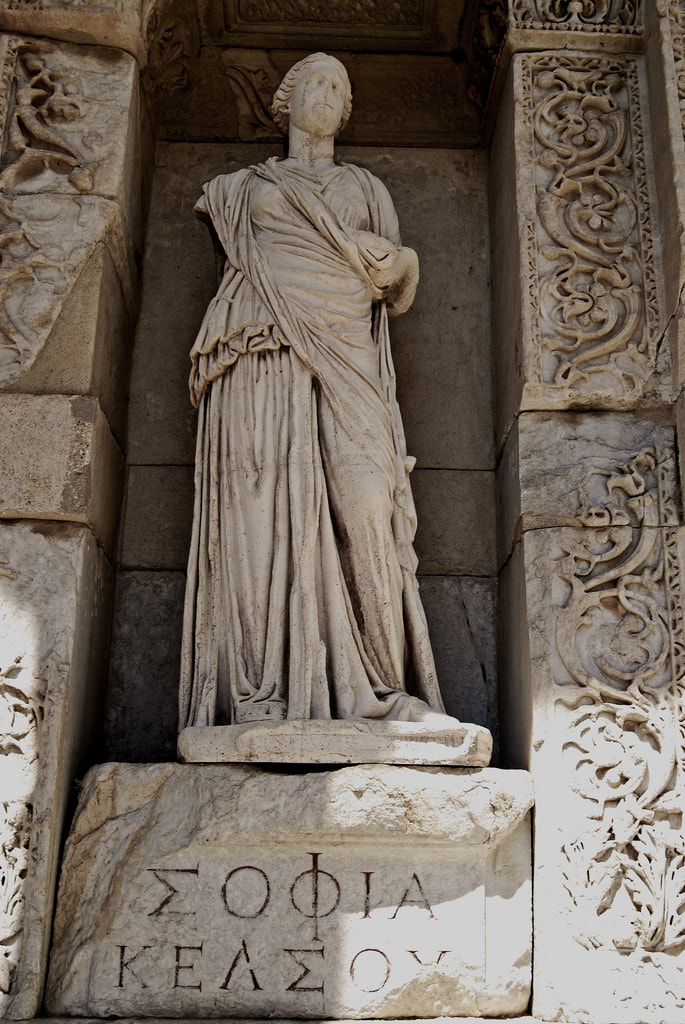HistoryThe Committee on Gender Issues was established in 2015 at the annual FISP steering committee meeting. FISP is the International Federation of Philosophical Societies, the highest non-governmental world organization for philosophy, and it is the sponsor of the World Congress of Philosophy that is held every five years.
|
MembersSigridur Thorgeirsdóttir (chair)
Anat Biletzki Tanella Boni Sally Haslanger Heisook Kim Dermot Moran Luca Maria Scarantino Supakwadee Amatayakul Maria Baghramian Herta Nagl-Docekal Susanne Lettow Bernard Ramoes Hülya Simga Stella Villarmea Robin Wang |
MissionThe Committee on Gender Issues emphasizes theoretical and practical issues raised by gender in philosophy as these matters need to be well represented at the WCP and in the operations of FISP.
Like other consultative committee of FISP, the Committee on Gender Issues is to „prepare the work of the Steering Committee within their area of responsibility and advise the Secretariat and the Treasury.“ (Ch III, Art 6 of Statutes and Bye-Laws). Philosophy has a gender issue. It is one of scientific disciplines with the lowest proportion of women and gender minorities in academic positions in most places. This state of affairs has hardly changed in the last decade despite the increase of women who study philosophy. Awareness of this state as well as measures to strengthen the position of women in the profession are needed. The Committee on Gender Issues promotes research on ways in which philosophy can contribute to elaborating conceptions of justice in gender relations, and offer a clearer understanding of the constitution of genders and the evolution of philosophical thinking on gender roles. The Committee on Gender Issues assesses and reports on the status of women in the profession, and measures taken to improve the situation. Among the issues are exclusionary mechanisms regarding positions, publications, conferences and grants. Cultures and styles within the profession that sustain the gender imbalance, sexual harassment and ignorance about gender and diversity issues call for measures. Lack of women philosophers from past and present in the curricula of philosophy departments needs to be amended. Transnational cooperation between organisations that promote women in philosophy needs to be strengthened. The Committee on Gender Issues will have the following tasks: •Introduce an Endowed lecture at the WCP on the issue of gender and philosophy and secure a sponsor for it. •Forge links between FISP and societies on gender and philosophy with the goal of involving them more in the WCP. •Collect information about the situation of women in philosophy in different regions of the world, for example by sending questionaires to member societies of FISP about the status of women/gender/diversity. •Collect information about organizations that are concerned with gender and philosophy and improving the situation of women. •Promote gender equality accross the labor market with special reference to philosophy. •Promote work on women in the history of philosophy with the goal of including more women philosophers in syllaby of courses and publishing more texts by and about women philosophers. •Encourage transnational cooperation in the area of philosophy and gender. •Cooperate with other consultative committees of FISP. •The members of the Committee are willing to chair gender sections at the WCP in Beijing, to serve as reviewers in the run up to the congress, and to promote the participation of philosophers working on gender. |


